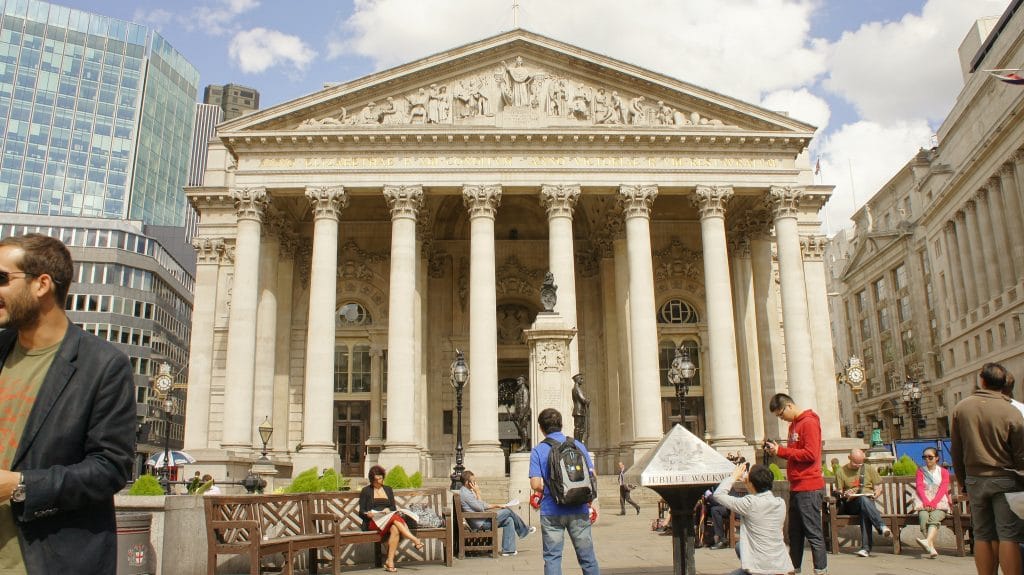The Bank of England has made the decision to increase interest rates after inflation surged to a decade-high 5.1%.
The Monetary Policy Committee voted to lift the base rate having controversially decided against an interest rate increase last month. It had been widely anticipated that the bank would act to raise interest rates on this occasion.
But expectations of a rate rise had been dampened by the rapid spread of the omicron variant, which is posing a fresh threat to the economic recovery, with news that consumer spending had slowed to its lowest level since February this year, when the UK was still in lockdown.
The base rate is the amount of interest that the Bank of England charges other banks and lenders when they borrow money and is usually an indicator of the amount of interest that will be charged by banks in the wider economy.
The reports come with the current interest rate at 0.1%, a historic low, which has followed more than a decade of low-interest rates since the 2008 financial crisis.
The rise could have a significant impact on people’s savings. One of the major impacts is that high street banks will likely raise their interest rates, which would make borrowing more expensive. This could mean that the cost of a typical mortgage customer’s monthly bills could increase.
However, it will also mean that savers will earn more interest on their savings. This could have a significant impact on the wider economy, encouraging people to put more money into savings rather than investments and reduce individuals’ spending.
Traditionally, interest rates have been seen as the major tool to control inflation. If consumers are earning more interest on the money in their accounts, they are less likely to spend it. When fewer people are spending money, there is a fall in the amount of demand for goods and services, and this leads to lower prices in order to encourage people to buy.
When interest rates are low, and demand is high, businesses can afford to charge higher prices for products, with people being more willing to spend the money if they are not earning strong interest on the money that is sat in their savings accounts.



